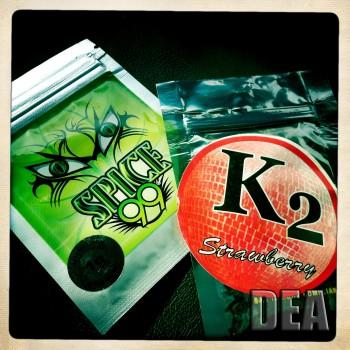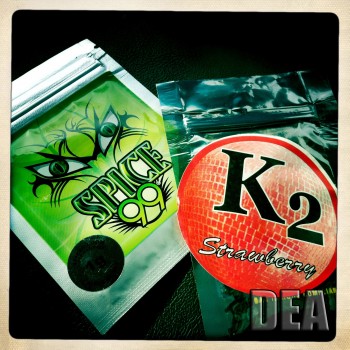NEW YORK—When designer drugs are made illegal, the ingredients are often quickly switched to skirt the law. Government officials have been trying to combat this technique by continually making more ingredients used for synthetic drugs illegal.
In March, the sale and distribution of synthetic marijuana was banned in New York state and city. In July, Gov. Andrew M. Cuomo signed a law banning some of the chemicals that are in bath salts, also known as synthetic phenethylamines.






